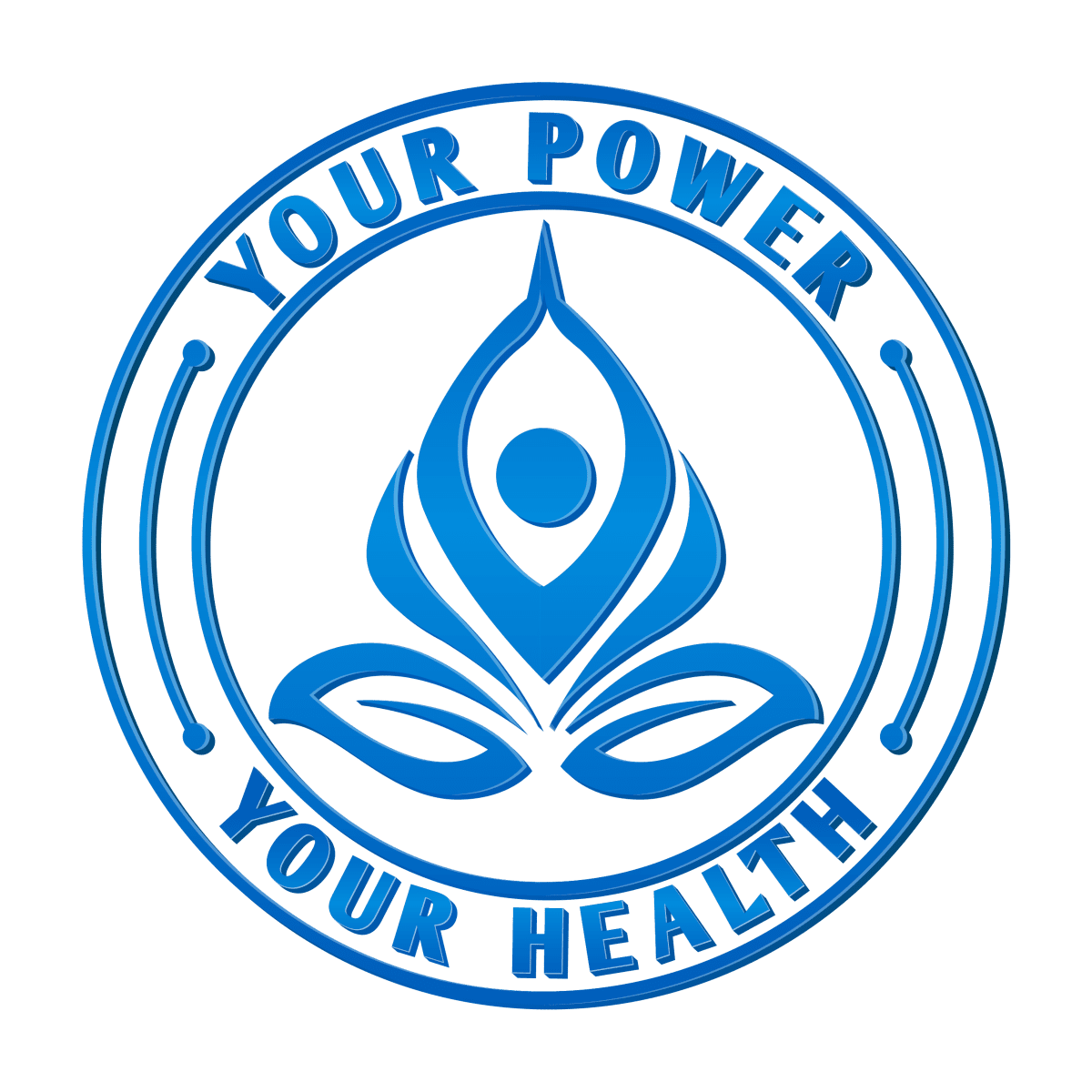Why do we need sleep?
During sleep, our bodies process and store information from the day before and solidify memories. As we go through life, we are bombarded by a lot of information and it’s during sleep that we organize and commit much of it to long-term memory.
We require long periods of sleep to rebuild, repair and restore muscle and other tissue and to synthesize hormones. Because young children learn so much during their earliest years, like language and other life skills needed to survive, it is likely that they require the most sleep.
Guidelines for adequate sleep by age group*
- infants (4-11 months) 12-15 hours
- school age children (6-13 years) 9-11 hours
- teenagers (14-17 years) 8-10 hours
- young adults and adults (18-64 years) 7-9 hours
- older adults (65+ years) 7-8 hours
*National Sleep Foundation
What happens when we don’t get enough sleep
Lack of sleep can increase your risk for many health issues. High blood pressure is linked to a lack of adequate, deep, restorative sleep.
Is this why you’re always hungry?
When you are overtired, you more likely will overeat and succumb to cravings. This happens because your hunger hormones, leptin and ghrelin are not working properly. When you are overtired, your ghrelin levels are elevated causing you to feel hungry while your leptin levels are low, causing you to not feel satisfied or full after eating. Additionally, your metabolism is negatively impacted by a lack of sleep and could contribute to the development or the exacerbation of diabetes.
 Can’t we do better for our teens?
Can’t we do better for our teens?
 People who don’t get enough sleep may have trouble regulating their emotions. One way prisoners of war are broken by their captors is by using sleep deprivation as a means of torture. Extreme sleep deprivation causes mental and physical harm that will ultimately lead to death.
People who don’t get enough sleep may have trouble regulating their emotions. One way prisoners of war are broken by their captors is by using sleep deprivation as a means of torture. Extreme sleep deprivation causes mental and physical harm that will ultimately lead to death.As a health coach, I work with women who are facing serious health challenges like heart disease, metabolic syndrome and diabetes or who have been diagnosed as having a precursor to a serious health issue such as high blood pressure, high cholesterol or high blood sugar. I help them make food and lifestyle changes so they can get healthy, live longer and enjoy a fuller, happier, more energetic life. If you would like to have a free consultation about the health challenges you have and the improvements you would like to see in your health, click here to schedule a no strings attached call.


 Can’t we do better for our teens?
Can’t we do better for our teens?




